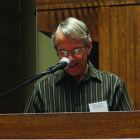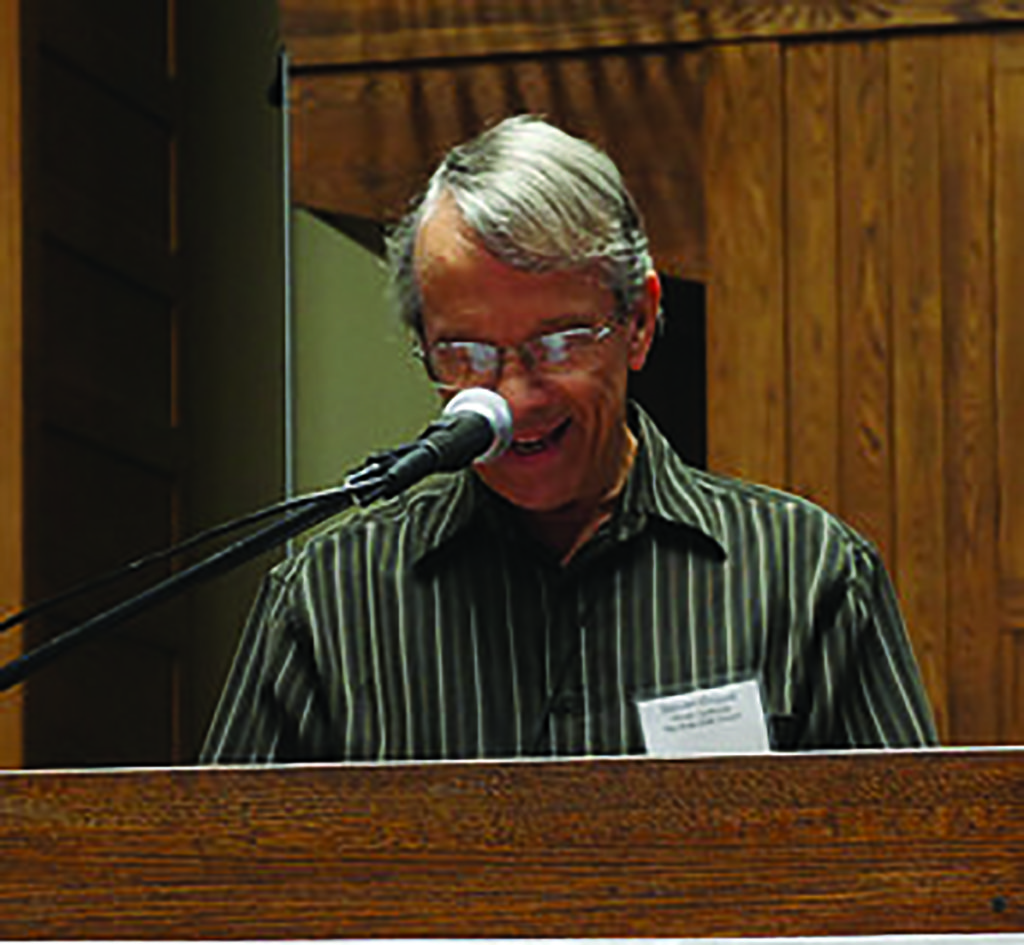
Sep 27, 2018
By Pastor Steven Crouch
Let’s think back to the exile, when Jews were taken to Babylon. At one point, the prophet Jeremiah wrote a letter and sent it to the Jews in Babylon. I’m going to read the first part of his letter—four verses—from Jeremiah chapter 29:
Thus says the LORD of hosts, the God of Israel, to all the exiles whom I have sent into
exile from Jerusalem to Babylon: Build houses and live in them. Plant gardens and eat
their produce. Take wives and have sons and daughters. Take wives for your sons, and
give your daughters in marriage, that they may bear sons and daughters. Multiply there,
and do not decrease. But seek the welfare of the city where I have sent you into exile,
and pray to the LORD on its behalf, for in its welfare you will find your welfare.
In other words, make yourselves at home there in Babylon. You’re going to be there a while.
I can imagine that it was hard for them—after all, Jerusalem was home, Judah was home— they didn’t belong in a foreign country.
Today, I’m thinking of our homes and our families and our jobs—I’m thinking of them as our “Babylon.” Just as God put the Jews in Babylon, he put Seventh Day Baptists in the USA and Canada—but for a very different reason:
• For the Jewish people, it was God’s judgment for their unfaithfulness to Him.
• For us, it’s to glorify God and do ministry for His Kingdom.
And His word is the same: Settle in, live in your homes, make families, find useful work to do. As it says somewhere, “work heartily, as for the Lord, and not for men.” We’re going to be here a while.
Later on, Jeremiah followed his own advice: he bought property there in Judah where he lived. He really meant it, that the people in Judah and in Babylon were to live meaningful lives in the cities and towns where God had put them, for as long as He should choose.
Notice that God instructed them to have sons and daughters—and they should have sons and daughters. That sounds like a generation or two. Jeremiah had said it would be 70 years—and so it was.
Our time on this planet is about the same—as the Psalm says, “70 years, or by reason of strength 80 years.” It’s almost like we’re “home”—and we should live that way.
But Jeremiah wasn’t finished. I’m allowed five verses, so here’s one more, from chapter 32:
Behold, I will gather them from all the countries to which I drove them in my anger
and my wrath and in great indignation. I will bring them back to this place, and I will
make them dwell in safety.
The exile to Babylon would end. The Jews would leave the homes they had built, they would resign from their jobs, and Jewish families would return to Judah and Jerusalem. And we know from Ezra and Nehemiah that the city was rebuilt, the temple was repaired, and life went on in the Promised Land.
Our “exile” is also temporary. We are to work and build and raise families and be faithful in all the things that God has for us to do. Let’s remember the other command in Jeremiah’s letter: “Seek the welfare of the city where I have sent you.”
Let’s be faithful and effective servants in the towns and cities where we live—knowing that one day God will bring us to our true home.


